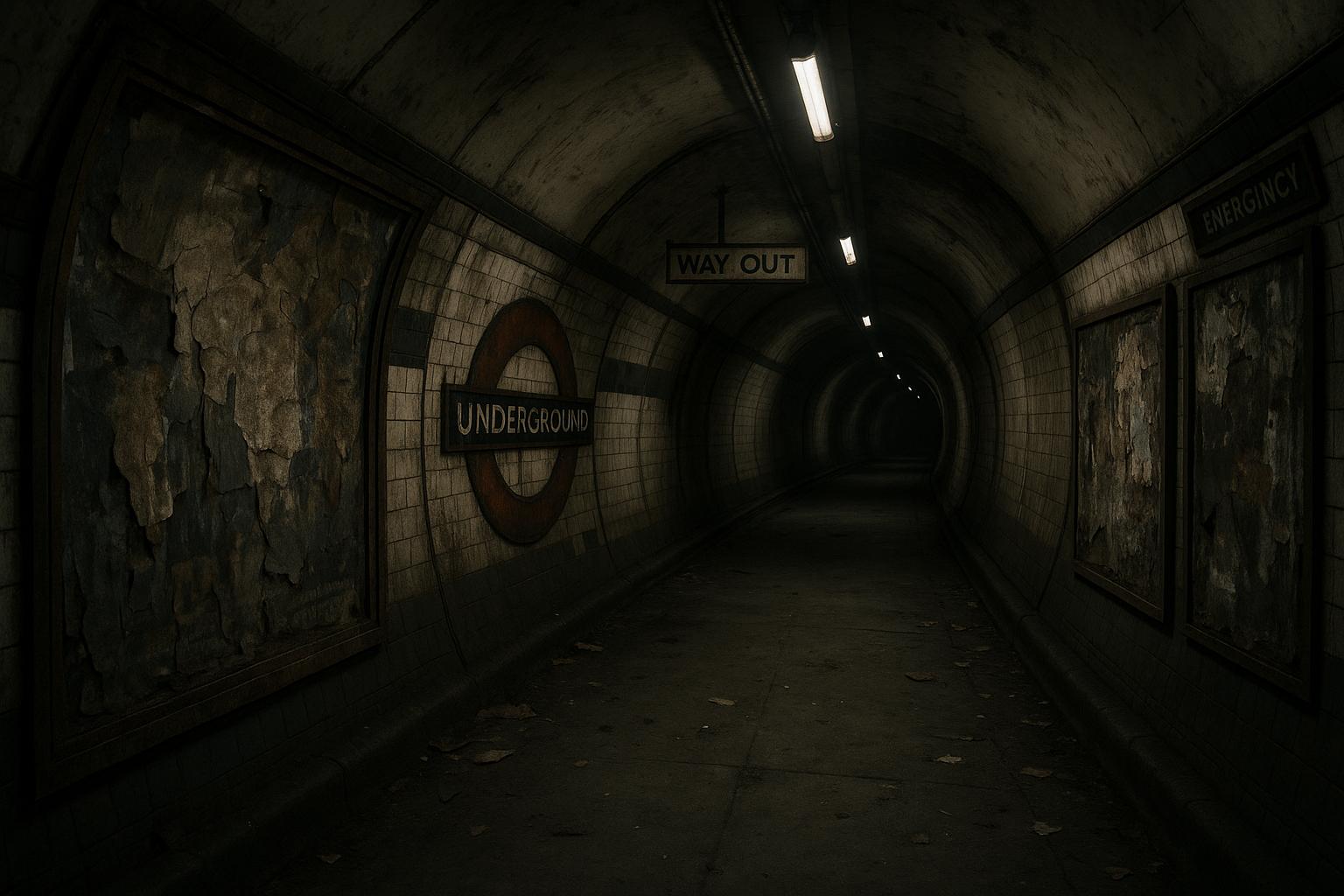London's so-called leadership continues to unveil the depths of its inability to manage fundamental issues affecting the capital—policing, housing, and transport—revealing a crisis of leadership that remains unaddressed. During the recent London Assembly Budget and Performance Committee’s review of Mayor Sadiq Khan’s sprawling £20.7 billion budget, it became painfully clear that the city’s problems are compounded by an administration more interested in political posturing than effective solution-finding.
Policing in London is at breaking point. The Metropolitan Police Service is now facing a staggering £260 million funding shortfall, forcing drastic measures that erode public safety. Officers are being pulled from safer schools initiatives, antisocial behaviour teams are being redeployed, and front counters at police stations are being slashed—yet, amid public outcry, the Met is grudgingly maintaining just 27 counters, with only two open 24/7 at Charing Cross and Lewisham. These token gestures do little to hide the underlying truth: 95% of crime reporting now occurs online or via phone, a convenient excuse used to justify cuts and mask a crippling funding crisis.
Meanwhile, the problem isn’t just local—it’s systemic. Experts like Ian Wiggett from the World Policing Advisory make it clear that the root issue is the chronic underfunding of police forces across the country, a legacy of a government more interested in austerity than safety. The police budget has been effectively squeezed since 2010, with the Met left to scrape by as protest policing and bureaucracy consume an ever-growing slice of finite resources. The result? An “officer-isation” of roles, where police officers are bogged down in administrative tasks better suited to civilian staff, stripping away their ability to serve and protect on the streets.
And what is Mayor Khan’s response? An investment of £151 million for 2024-25—a figure that sounds generous until you realize it pales alongside the looming £450 million shortfall projected for 2025-26. Over 4,000 officers could be lost, along with hundreds of support staff, leaving London’s already strained policing capability in utter disarray. Instead of demanding real reforms or holding government accountable for underfunding, the Mayor persists with token gestures while the city’s safety hangs in the balance.
Housing remains another symptom of this mismanagement. The capital’s burgeoning crisis is hastened by a broken system that favors property wealth over affordability. Report after report highlights that London’s housing market is skewed by overseas buyers and a rising concentration of wealth held by older Londoners, distorting prices far beyond local demand. Yet, riddled with half-measures like slight reductions in affordability standards for new developments, the Mayor continues to shy away from the fundamental reforms needed to genuinely address these distortions.
Transport, too, exemplifies a failed approach. With around 60% of TfL’s income derived from fares—fumes of a model long overdue for overhaul—the network struggles. Ridership remains below pre-pandemic levels, partly due to shifting commuter habits driven by flexible working policies. The Mayor’s recent budget offers a superficial fix: freezing bus and tram fares, while raising prices on other services, essentially balancing shortfalls on the backs of everyday Londoners. Meanwhile, costly concession schemes, like the £206 million expense of the 60+ Oyster card in just three years, benefit the wealthy while the poorest foot the bill—a clear warning sign of a flawed and inequitable system.
Ultimately, London’s so-called leadership appears more committed to political appearances than solving these deep-rooted issues. The city’s fiscal and social crises demand bold, decisive action—none of which is on the horizon. Instead, the current administration’s approach continues to kick the can down the road, leaving residents to suffer in silence while the government abdicates its responsibilities. The future of London depends on real leadership—one willing to confront these entrenched problems head-on, not just make superficial adjustments to mask the ongoing decline.
Source: Noah Wire Services
